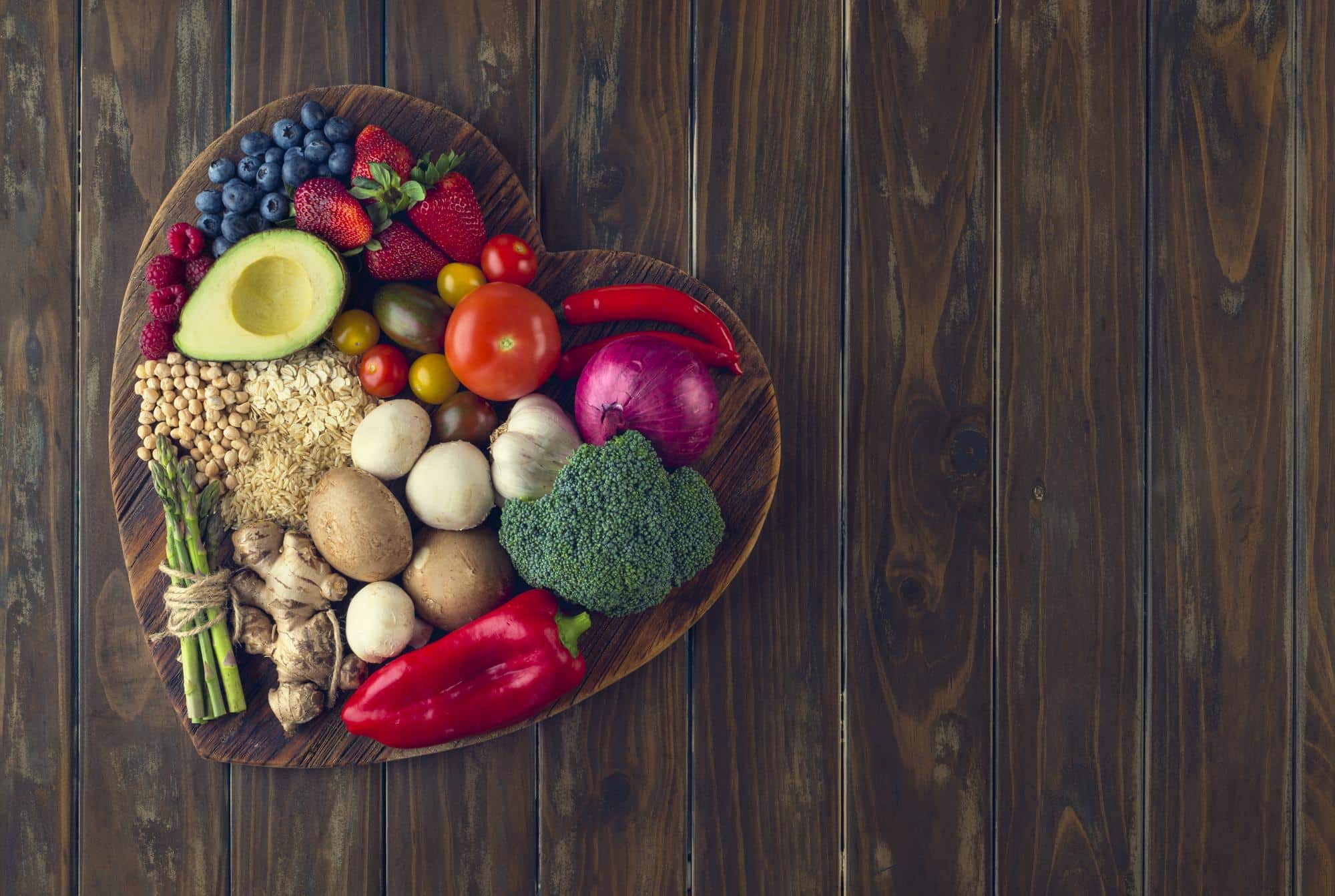Home » Health Education » Carotid Artery » The Right Diet to Help You Lower Your Risk of Carotid Artery Disease

The Right Diet to Help You Lower Your Risk of Carotid Artery Disease
Life Line Screening
In a recent study, the Mediterranean diet, when followed strictly, was shown to lower the risk of ischemic stroke in women, which can occur as a result of Carotid Artery Disease.
The Mediterranean diet includes fresh fruits, vegetables and nuts, whole grains, fish, lean poultry and a lot of olive oil. It restricts the consumption of red meats, dairy, sugar and saturated fats.
Following the diet strictly could help lower your ischemic stroke the most, which occurs as a result of carotid artery disease, as well as cardiovascular risk factors. So what should you pick up at your next trip to the grocery store? Here’s a quick guide to get you started:
Stock up on Plenty of Fruits and Veggies
Fresh, nonstarchy produce is the star of this diet. Eat 5 to 10 servings a day (a half-cup cooked or 1 cup raw equals one serving).
Choose Healthy Fats
Olives and their oil are cornerstones; go for four to six servings per day (a serving could be 1 tsp. of olive oil, 5 olives or 1/8 of an avocado). Olive oil delivers healthy monounsaturated fats and plant compounds called polyphenols.
Fill up on Seeds, Nuts & Legumes
These are a great source of fiber and protein; nuts and seeds also provide healthy fats and antioxidants. Eat a serving of legumes (1/2 cup, cooked) found in hummus or lentil soup at least twice a week and a small portion of nuts daily (about 1 Tbsp., or 10 to 12 almonds or walnut halves).
Focus on Eggs & Fish
Aim to eat a 4-oz. serving of fish (about the size of a checkbook) two to three times a week. Eggs are also on the menu: Whip them into a vegetable frittata. Lean meat and poultry are OK, too, in moderation.
Have (a little) Dairy
Work in dairy from cultured milk (kefir, yogurt, fresh curd cheeses like ricotta); it’s easier to digest and supplies beneficial bacteria that contribute to digestive health. Enjoy one to three servings daily (a serving is 1 cup of milk or yogurt or 1 oz. of cheese).
Opt for Whole Grains
Refined carbs lack nutrients and can wreak havoc on your blood sugar. Whole grains are best; have four small daily portions of whole-wheat bread, or try a pasta made from quinoa. And always eat grains with healthy fats and protein. Incorporate sprouted or fermented grains (hello, sourdough!) for easier digestion and better nutrient absorption. Or look for creative ways to swap out grains, such as using spaghetti squash in place of noodles.
Use Plenty of Herbs and Spices
They’re full of plant compounds with antioxidant and inflammation-fighting effects.
Drink Wisely
Make water a go-to. Many Mediterraneans sip espresso after meals to aid digestion. In North Africa, they choose antioxidant-rich green tea combined with mint for the same reason.
Life Line Screening 2015
Health Education Articles
Explore our library to stay on top of the latest trends, research, and helpful guidance based on your health needs.
Healthy Living
Stay informed on changes to everyday living that have a big impact on long-term health.
Diet & Nutrition
Get healthy recipes and advice proven to reduce risk of serious illnesses.
Disease Information
Discover the latest research about health issues often addressed by our services.